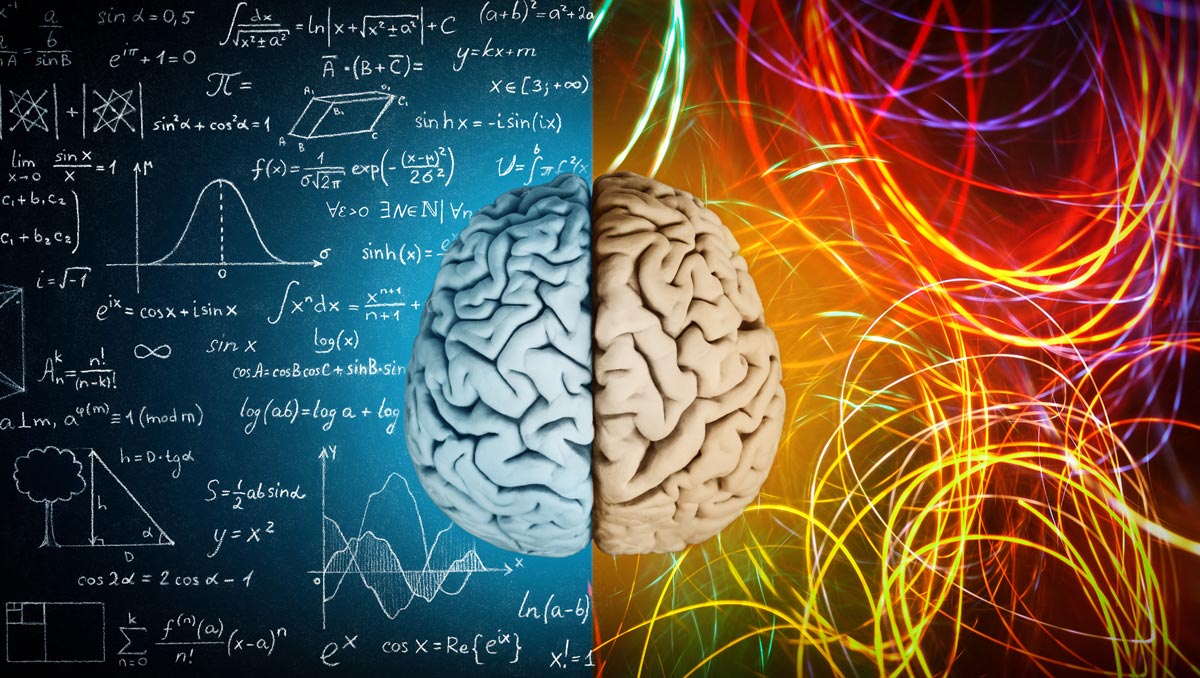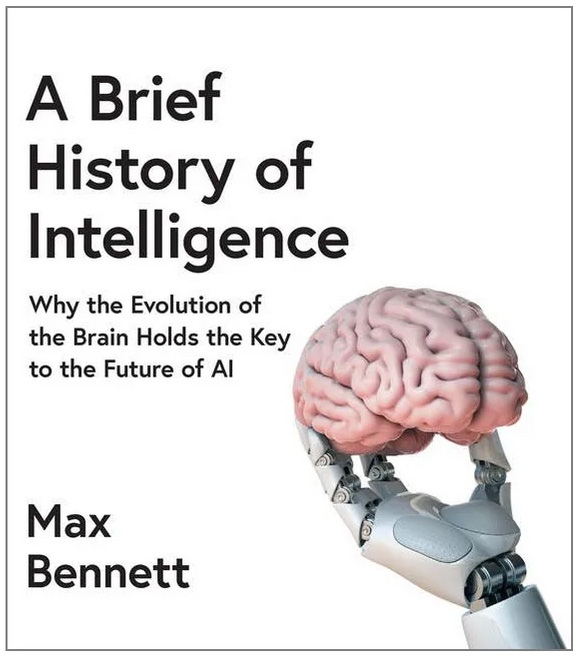

A Brief History of Intelligence by Max Bennett takes us on a fascinating journey through the evolution of intelligence, from the earliest life forms with a nervous system to the latest advances in artificial intelligence (AI). By combining insights from neuroscience, evolutionary biology, and AI research, the author seeks to answer a fundamental question: What makes human intelligence so unique?
Intelligence has been refined over millions of years of evolution, marked by five major breakthroughs. It all began around 600 million years ago, when the first organisms with a rudimentary nervous system—worm-like creatures known as bilaterians—developed the ability to move intentionally toward favorable environments. This first step toward intelligence marked the beginning of a gradual evolutionary process.
Over time, mere orientation was no longer sufficient. Early vertebrates developed a reward system based on dopamine, allowing them to associate certain actions with positive or negative consequences. This primitive form of memory laid the foundation for learning and decision-making.
Mammals then took a decisive step by becoming capable of mentally modeling their environment and anticipating the consequences of their actions before carrying them out. This ability to simulate scenarios enabled them to solve problems and adapt more effectively to their surroundings.
With the emergence of primates, social intelligence became critically important. The ability to understand the intentions and emotions of others allowed for more complex interactions, facilitating cooperation, deception, and collective learning.
Finally, humanity distinguished itself with the invention of language, a powerful tool for transmitting abstract ideas, accumulating knowledge, and collaborating on a large scale. This final breakthrough paved the way for civilization as we know it.
Throughout the book, Max Bennett draws parallels between biological intelligence and artificial intelligence. While modern AI can outperform humans in chess or Go, it still struggles with simple everyday tasks—such as loading a dishwasher. Why? Because, unlike us, AI does not truly understand what it is doing. It merely processes vast amounts of data and recognizes patterns, without any embodied perception or lived experience of the world.

A Brief History of Intelligence by: Max Bennet - Publisher : William Collins
The author reminds us that decades ago, pioneers like Marvin Minsky predicted that AI would reach human-level intelligence within ten years. However, intelligence is not just a matter of computing power; it depends on curiosity, adaptability, intuitive understanding of the world, and sensory experience—all faculties inherent to the human brain, at least with current technology. The human brain, with its 86 billion interconnected neurons, remains far more complex, operating on principles that we still poorly understand. Human intelligence is clearly not just about solving problems; it is driven by deep motivations, emotions, and an intrinsic desire to explore and learn.
AI systems, on the other hand, excel at optimizing predefined tasks, but they lack an innate thirst for knowledge. This fundamental difference makes it unlikely that AI, in its current form, will become truly autonomous and conscious.
Max Bennett poses an intriguing question: Are we on the verge of a sixth major breakthrough in intelligence? If so, will it be of biological origin—through further evolution of the human brain—or will it come from AI, if it can overcome its current limitations?
He suggests that an AI truly comparable to human intelligence would need to incorporate a form of "embodied cognition", which would enable it to interact with the physical world in real-time and develop an intrinsic motivation to acquire, process, and interpret information.
With its clear, accessible style and rich illustrations, A Brief History of Intelligence offers a captivating perspective on the evolution of cognition and fuels the debate surrounding artificial intelligence. The book invites us to reflect on what makes human intelligence unique and to consider the future: Will we ever succeed in recreating human intelligence, or will it forever remain an unsolved mystery?